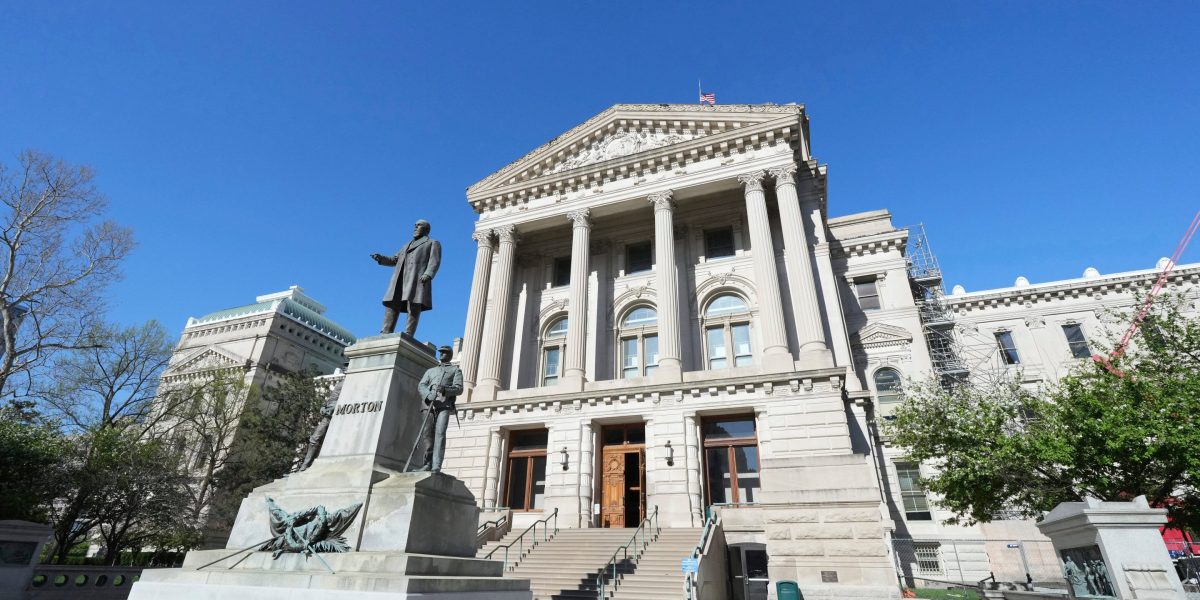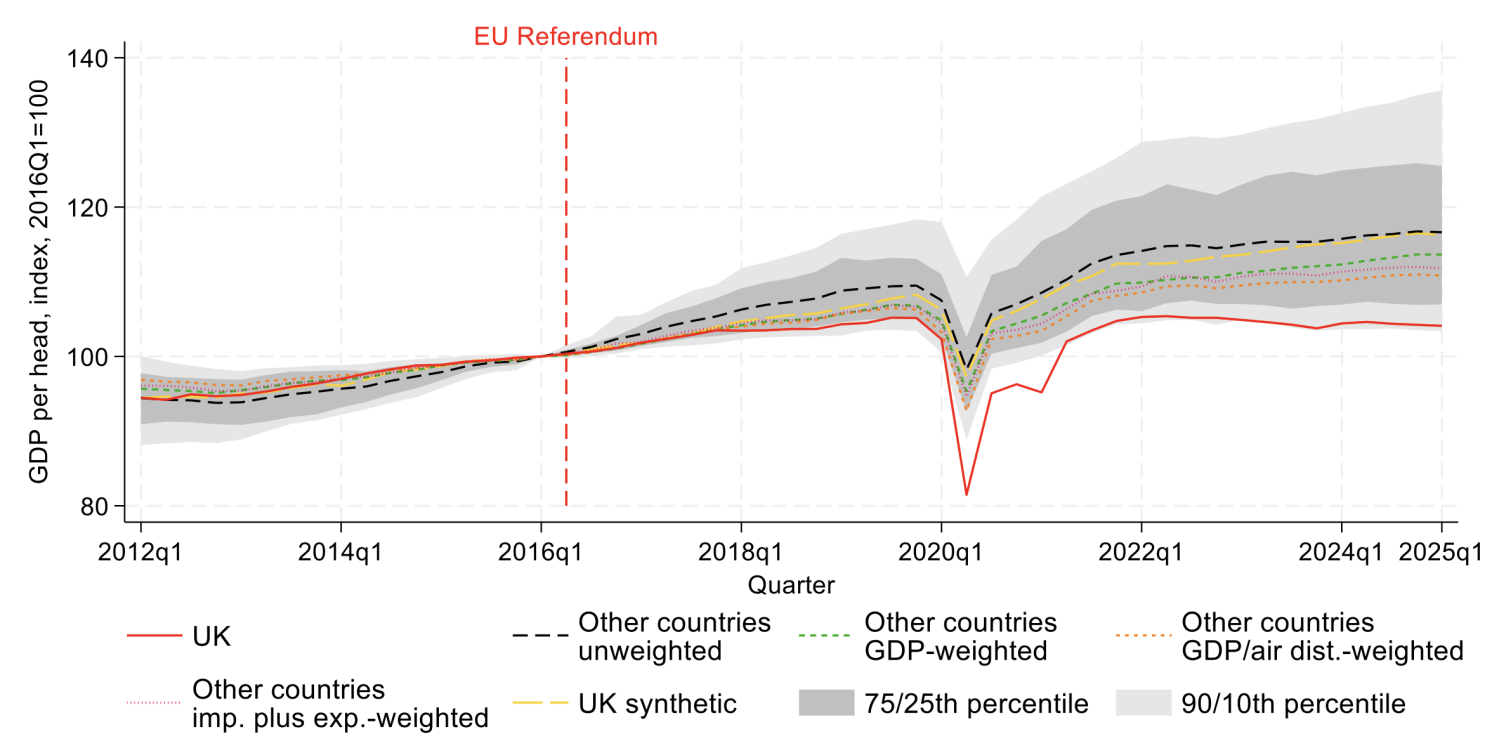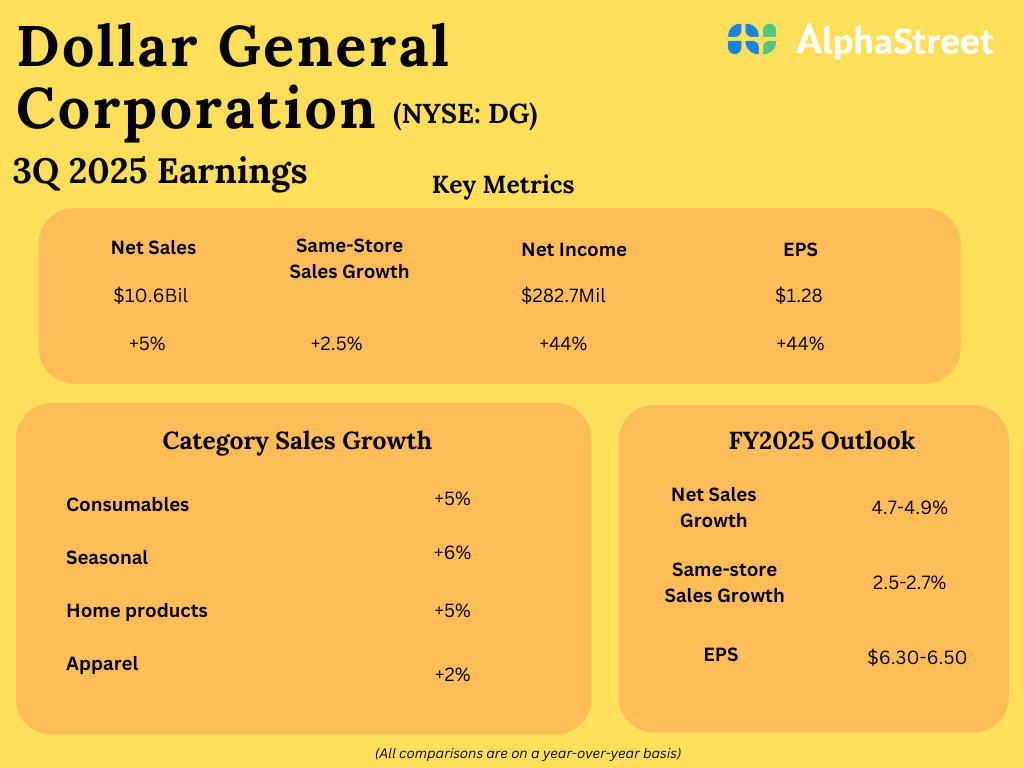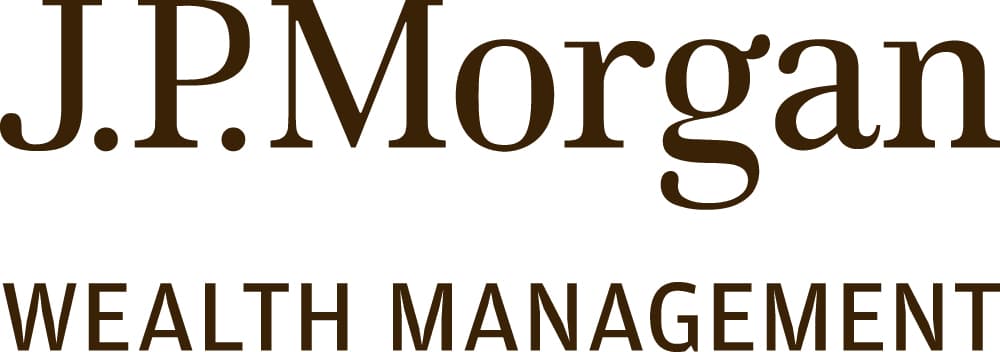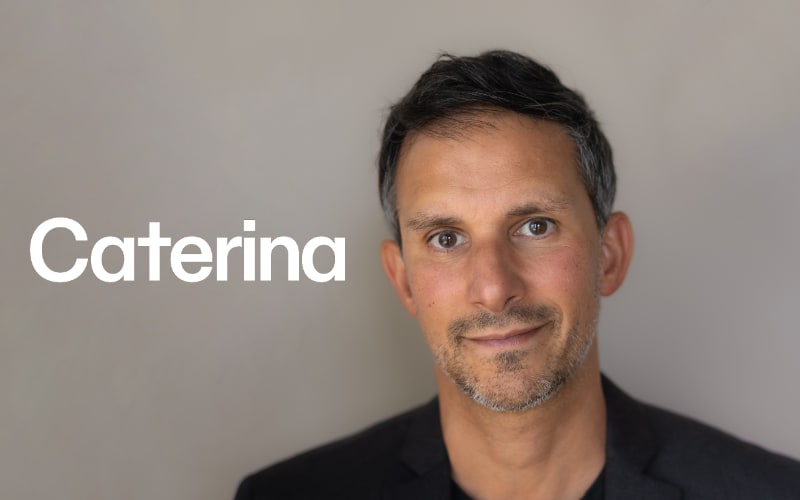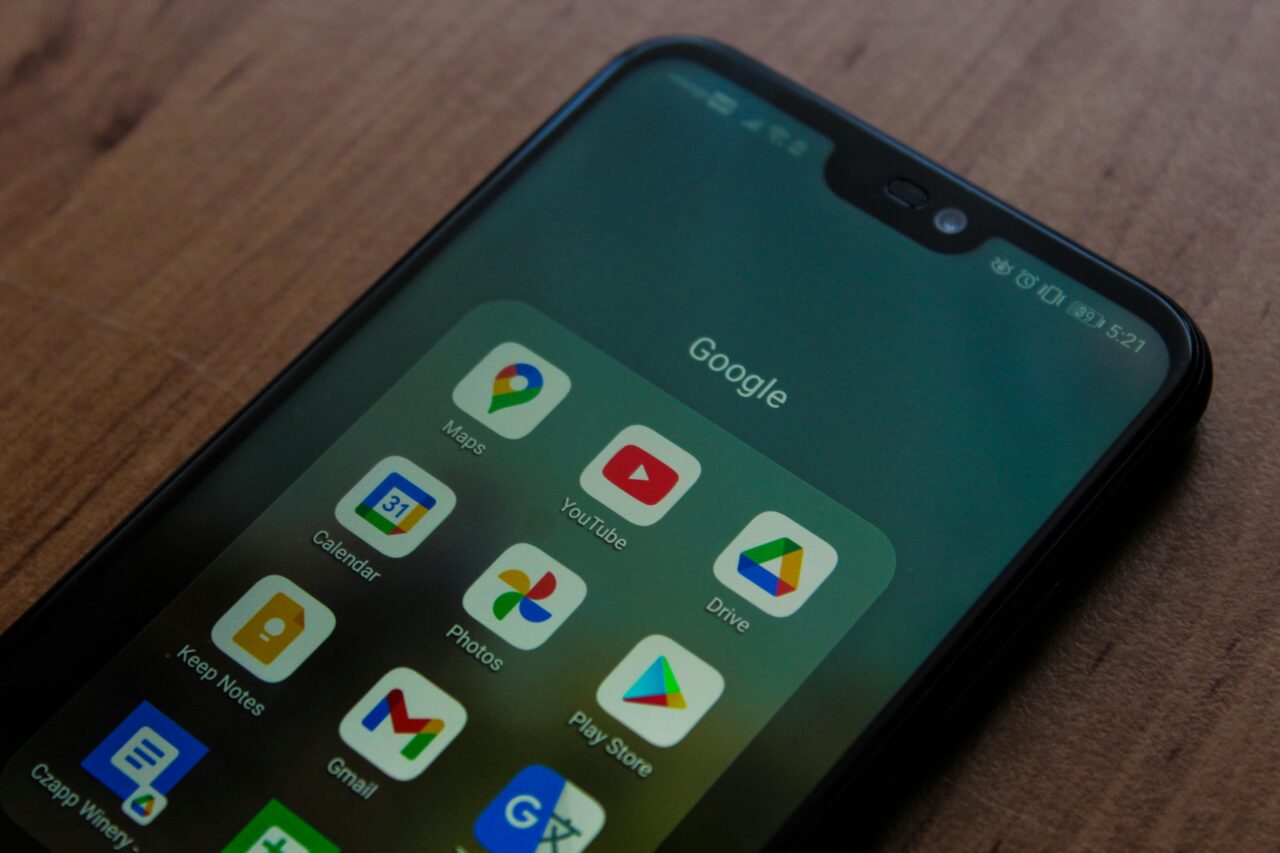Although the cost of living crisis has crunched wallets, it hasn’t extinguished Britain’s charitable nature; says GoCardless‘ latest research.
The economic downturn is having little effect on personal donations to charity, the open banking provider’s latest research indicates.
While 44 per cent of Brits are continuing to donate to charities, the response shows a demand for change in the process.
The main narrative of the research is that UK consumers want better ways of making donations so that charities stand to benefit more from their fundraising efforts.
Notably, there is a keenness for payment providers to redefine how the process is being managed.
In GoCardless’ native market of the UK, card companies impose a fee when collecting donations for charity. This fee ranges from between one per cent and three per cent, and is payable by the charities.
As shown in the company’s research, 77 per cent of consumers believe such fees should be waivered. And this isn’t the only thing that the research says requires changing.
Generating generousity
The research makes clear the directive that donation processes be streamlined. In this light, 51 per cent wish making a donation was as easy as making a payment to a retailer.
A similar proportion admit that they are also more likely to donate through a streamlined process. Charities may therefore have a greater chance of increasing new and repeat donations. But only if they can elevate the ‘checkout’ experience for supporters online.
Brits are also open to new ways of engaging with charities, and specifically through the use of fintech. The research makes apparent that many are willing to change their donation habits only if the impact is fully felt by the receiving charity.
Fifty-nine per cent would explore alternative donations, including new technology, if more money went directly to charities.
Additionally, 41 per cent are likely to use open banking if it means that charities can keep more of their donation.
The open banking solution
“By making the process easier and exploring consumers’ openness to new technologies, charities can attract repeat donations and keep more of the money donated,” says GoCardless’ CGO and CPO, Duncan Barrigan.
“Open banking can tick both of these boxes. It powers faster, safer and more cost-effective ways of collecting charity donations,” he continues.
The company has recently partnered with The Trussell Trust to enable donors to make one-time donations via its Instant Bank Pay solution.
Donations will go towards the charity’s support of over 1,200 food banks.
Additionally, GoCardless’ work with Charity Right marks the launch of one of the first ‘non-sweeping’ variable recurring payments (VRP) pilots in the UK.
Charity Right provides essential school meals to children in the most neglected parts of the world.
The pilot allows NatWest account holders to donate to Charity Right through the company’s VRP capabilities. All funds raised will go to charity.
Barrigan hopes that both partnerships will “help to prove the benefits that open banking can deliver and show others in the industry how easy it is to implement, driving a shift in the charity sector.”
Adding to this, Charity Right’s CEO, Sajad Mahmood, says: “Open banking and VRPs are the next stage in the evolution of account-to-account payments.”
Mahmood describes financial “security, control and flexibility” as the primary benefits of the solution. “This couldn’t have come at a more fitting time with the backdrop of the cost of living crisis,” he continues. “This innovation in the charity sector is something that we’re really excited to embark on.”

#GivingTuesday
GoCardless is participating in the ‘#GivingTuesday’ social media campaign launched by Open Banking Expo and the Open Banking Implementation Entity (OBIE).
The campaign seeks to showcase how open banking can help charities and not-for-profit organisations unlock new fundraising opportunities.
“Open banking payment solutions can offer a way to intelligently increase charities’ net income through reduced payment processing costs,” says Connie Castro Feijoo of the OBIE. “As well as offering flexible opportunities to donate.”
“These include micro-donations (or round-ups), where donors opt to round up everyday transactions and transfer the surplus funds to their chosen charity, and the use of QR codes,” she continues. “These fast and secure ways to pay can help engage a new audience of committed charity donors.”






